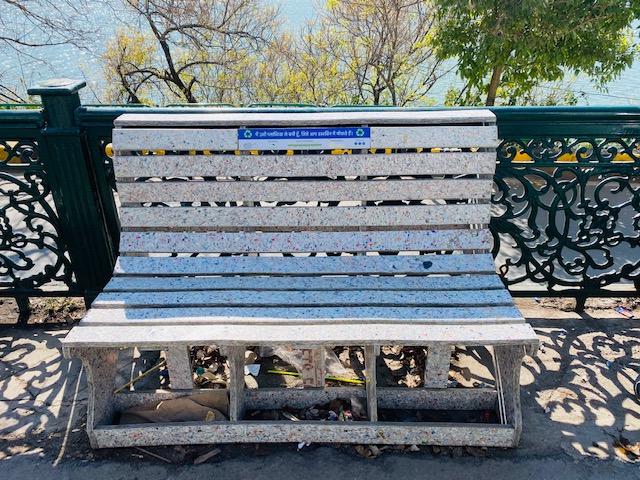
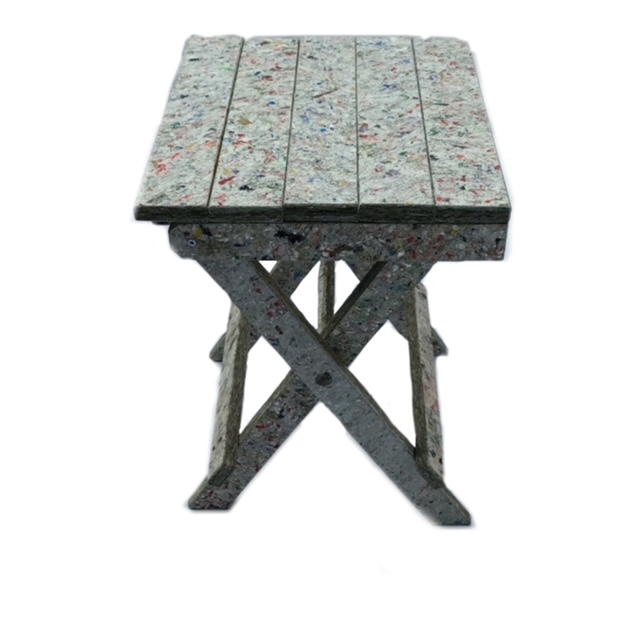
“The major difference between recycling and upcycling lies in the process. In recycling, one uses waste material and reprocess or melt in controlled temperature to make the product. In short, recycling is a hot process concept. However, in upcycling we are not reprocessing or melting the product. We change the appearance of that product by keeping in mind to use it again in different ways. This is called the cold process concept. This process is different from polymer to polymer to avoid the emissions of hazardous gases. At Shayna Ecounified, we manufacture HDCP Interlocking Paver tiles (2 variants) which are used for constructing footpaths, driveways, parking areas, jogging tracks etc. and structural tiles which can be used in fabrication of portable cabins, dustbins etc. The recycled plastic sheets will be further fabricated into park benches, kiosks, ports toilets, tree guards etc. We customize the structural tiles and recycled plastic sheets according to customer needs,” told Paras Saluja, the founder and director at Shayna Ecounified.
The first step of the tiles manufacturing is collection and segregation of plastic raw material based on color and polymer. In the next step, the raw material will go through cleaning process to make sure it is safe from dirt and germs. Post cleaning, the plastic material will go through shredding and it is mixed up with Ecounified technology. Finally, the mixture will be converted into granules and pellets to mold into different tiles shapes.
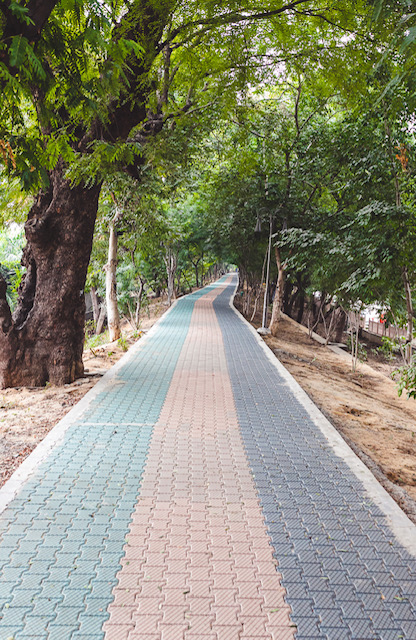
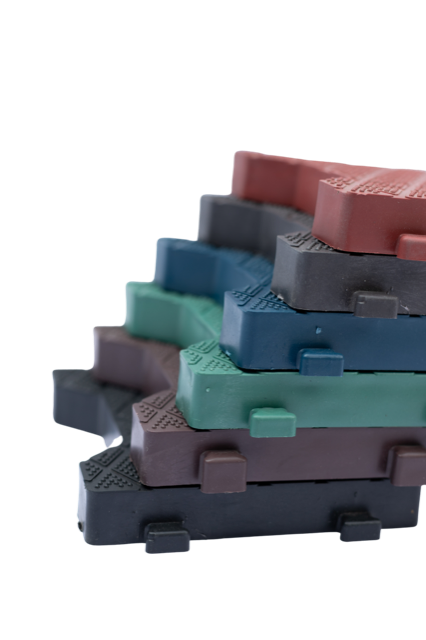
Team Ecounified is coming across various challenges in sustainability business industry. The first challenge was paying price for the plastic waste. Initially, they thought of acquiring plastic waste at zero cost. However, they had to incur a cost for plastic waste where different countries are trying hard to find a management solution which is eventually causing landfills.
Another challenge was establishing a brand in the environmental sector and thriving since their team not acquired any prior knowledge on upcycling business in starting days.
“As a startup, we currently have limited resources to look at various opportunities to grow in scalability, market value, funds, products offered etc. Patience, perseverance, and commitment are key components for reaching our end goal. What makes our business sustain is patience while looking for different possibilities from all available resources” told Paras when we asked about future plans.

As per the company statement, the upcycling process in their factory is done in accordance with the special guidelines laid down by the Central Pollution Control Board-CPCB. . Hygiene and safety are ensured at the workplace with masks and gloves for segregating and processing the plastic. Ecounified envisions a collective and collaborative action with educational institutions, corporates and NGOs to achieve better results at the ground level.
The Government is a license provider for upcycling industry, so, they should also consider procuring upcycling products for infrastructure projects. Apparently, it will impact and encourage people and other companies to adopt eco-friendly materials.
Ecounified India is one of the good upcycling models to address plastic waste management challenges to achieve green goals.
What is your solution for the upcycling industry?
Share your green story!


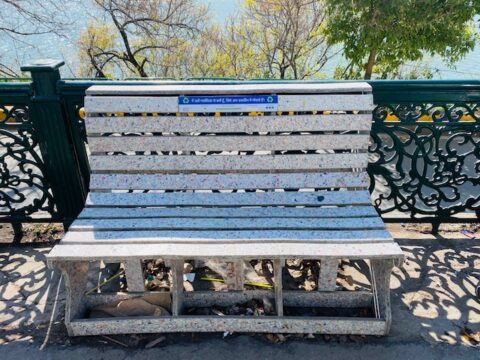
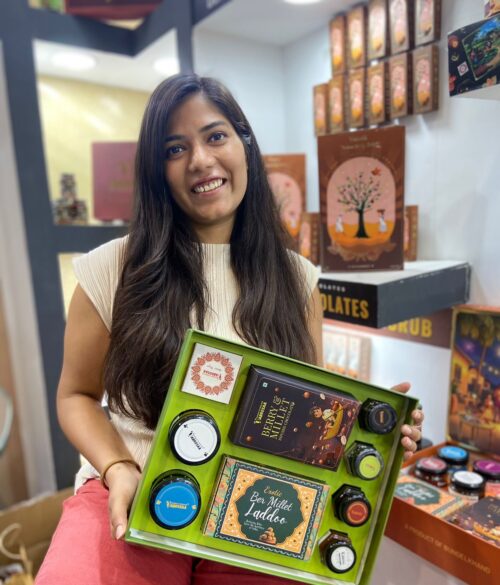
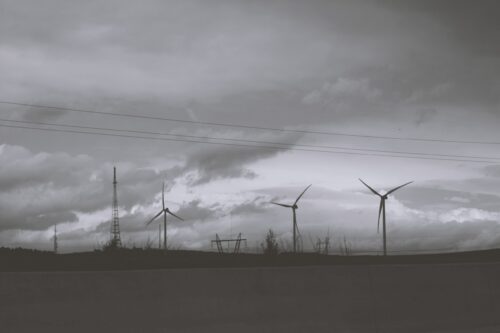
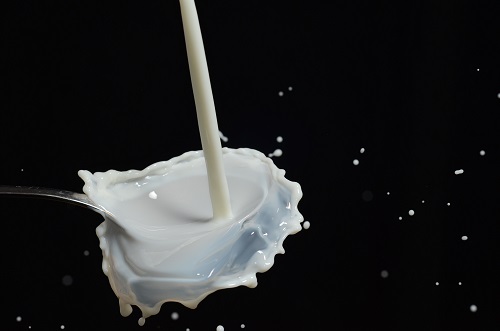
I Will very soon go to India, Mumbai, there I omce again Will, every morning, be at Joggers park. Or more precisely, the mangroves right outside this park. I Will remove as much plastic as I can and have many volunteers helping me. Is there a way I can Donate the plastic to you, if ypu can ensure a garage truck is there every day. I’m happy to put the plastic inside for upu yo upcycle